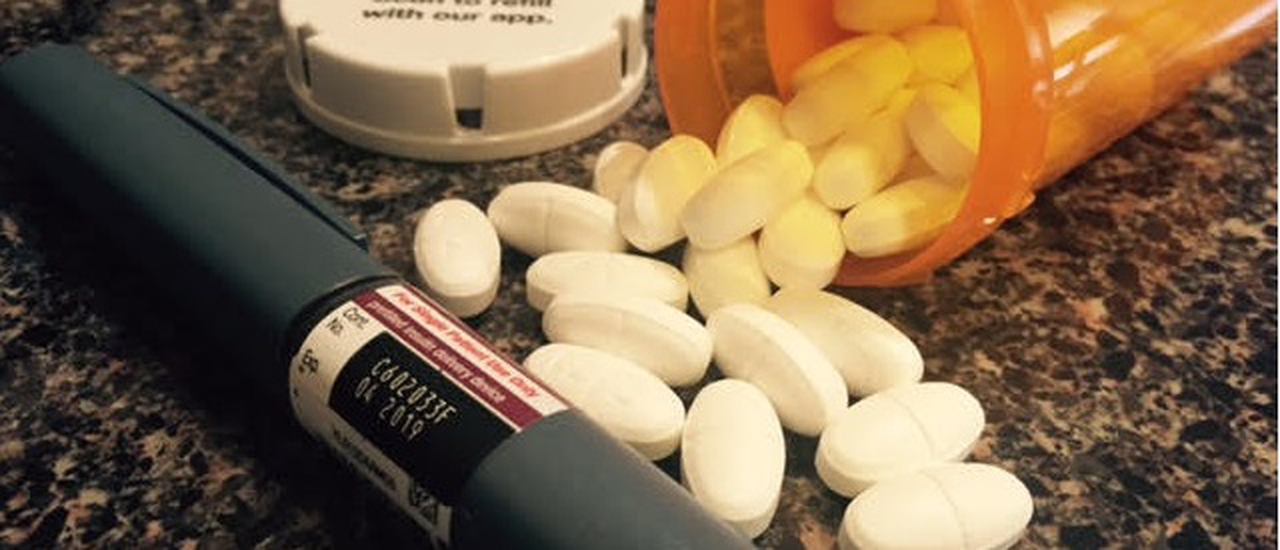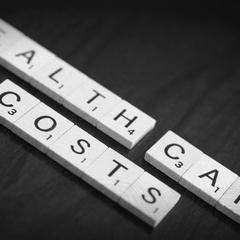
Reducing my Insulin Burden with Metformin
17 Jul 2017, 12:37 p.m. in #insulin4all USA, Global Stories by Karyn Wofford
I've been on insulin therapy for nearly 15 years. A while back, I was taking a lot of insulin in attempt to control my numbers. Although I am a type one diabetic, my doctor said I could still become insulin resistant. Keep in mind, those of us living with diabetes are keeping ourselves alive in an unnatural way; synthetic insulin is no comparison to what the body is intended to make.
Every day, I began to exercise and set small, attainable goals for myself. I found a stationary bike easy to commit to, then worked my way up to a variety of other exercise methods like running and hiking. This helped my resistance a good bit, but I was still struggling.
As insulin prices crept upward, I realized I needed to figure out more ways to increase my sensitivity and reduce the large load of insulin I had to pump into myself every day. It became more than a financial struggle; I was scared that synthetic insulin could become insufficient. Then what? So with my shallow pockets and fear for the future, I talked with my doctor about the type two medication, Metformin.
Rewind a few years. I found myself discussing my diabetes struggle in a room filled with fellow beauty pageant contestants. The gathering was a time for everyone to talk about fitness goals and other details a month before the actual pageant. It was miserable; although I wouldn’t have considered myself overweight, these girls were much thinner than me. But they weren’t insulin resistant type one diabetics. After the meeting, one girl suggested I try metformin. Five years later, I took her advice.
My doctor agreed that I may benefit the same way type twos benefit from this established drug. Metformin increases insulin sensitivity, so less insulin is needed. To me, it seemed like a good option. I still can't figure out why it is not usually recommended, and maybe there's something I'm missing, so do not go off the assumption that I’m actually right in taking this medicine. All I know is that it changed my life, but not without a little suffering.
My entire first year on the drug consisted of many sleepless nights, with my head drooping over the toilet. I vomited all the time. Eventually, I realized I was hypersensitive to food items that contained fat, especially meat. It was hard, but the blood sugar benefits were so noticeably fantastic, I was more than willing to endure this. I found plenty of foods to fill the void. Basically, I lived off of vegetables, fruits and nuts. I didn’t see that as a bad thing.
I also experienced a few other benefits, like lower cholesterol and a healthy weight loss. But I did become very dependent on the drug. If I ran out, my sugar would, and still does, skyrocket. However, I always have access to metformin, because it is affordable; about $20 a bottle. My insulin doses were cut in half, so I saved a ton of money there.
I've been taking metformin for three years, and while I have become a bit desensitized to its effects, it still helps tremendously with daily management. I still struggle to afford the costs of my insulin and other diabetes supplies, but taking metformin allows me to spend less on ever-increasing insulin costs.
I'm not a doctor, I am a patient who is simply searching for the best way to manage diabetes. My hope is that stories about my life can intrigue thought about care, and how to fight the staggering costs of insulin. You and your doctor, together, should decide what is best.





